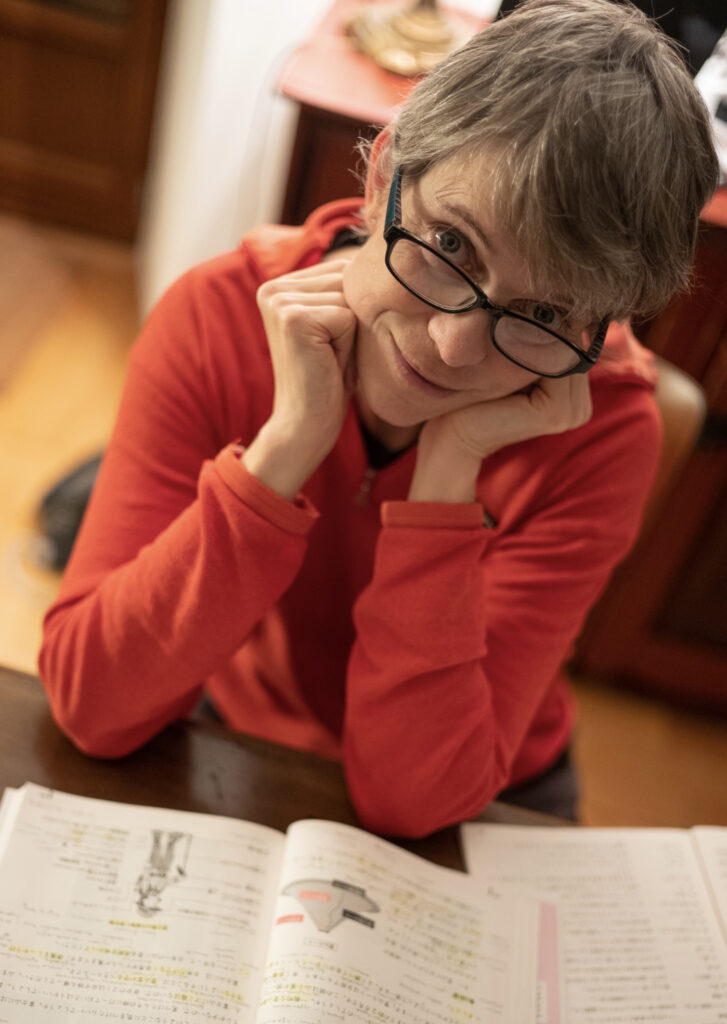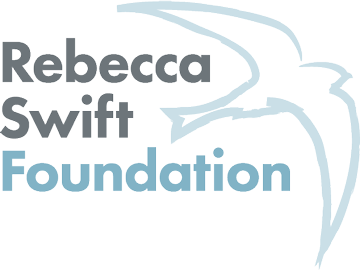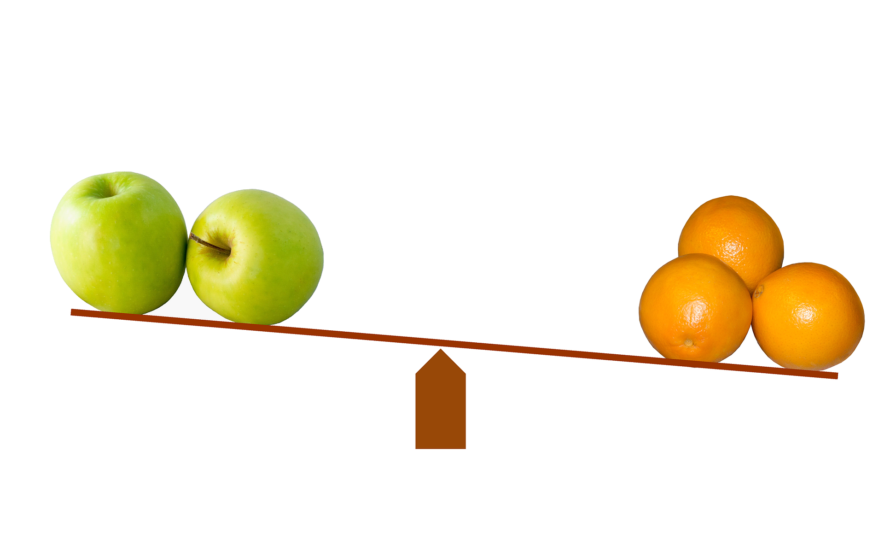
Anja Konig grew up in the German language and now writes in English. Her first pamphlet “Advice for an Only Child” was shortlisted for the 2015 Michael Marks Award and her first full collection “Animal Experiments” from Bad Betty Press was nominated for the 2021 Laurel Prize. She once won first and second place at the Stroud Poetry Competition, which was “really cool”. Her biggest poetry ambition is to have a poem on the Underground and her life goal is to never die. She is optimistic on both counts.
What is a professional poet? A poet who spends most of their time on poetry-related activities, a poet whose main income stems from such activities like royalties, events, teaching? With a full-time day job in biotech, I am not a professional poet. There are not many “unprofessional poets”, but there are a few: Wallace Stevens famously had a full-time job at Hartford Insurance.
An unprofessional poet has disadvantages in pursuit of poetry, most importantly less time for poetry-adjacent activities, like attending readings or teaching. Luckily, writing poetry itself is possible. Poetry-adjacent day jobs, too, require time and attention, but may be more accretive to a poet’s craft than reading scientific papers and sitting in corporate meetings. But then again, maybe not? Inspiration can come from anywhere. If your day job leaves you enough energy for a life of attention and intensity, you can create.
And let’s face it, there is very little money in poetry itself. Does this make poetry even more beautiful in a world where sometimes everything seems to be about money?
What are the advantages of being an unprofessional poet? For one, it is a kind of hedging strategy. On a day when you fail at your day job, you can say “but at least I am still a poet”. And when you “fail” at poetry, you can say, “at least the day job is going well”.
Is it easier for an unprofessional poet to step away from “Prize Culture”? Your livelihood does not depend on winning prizes. But it sure would be cheering! Why should we care about prizes? Why do prizes exist?
It’s not just poetry of course, it’s the Olympics, the Oscars, the Nobel Prize. Someone must be pronounced “the best”. Why? The human brain does not have infinite capacity for attention. The general public does not want to know about a hundred poets but may pay attention to one. Which one? The best, the winner of The Prize. The human brain craves a good story, and a competition is a great story – drama, winners, losers!
Let’s run a thought experiment. Let’s assume in some field of human activity, e.g. poetry, there are two equally gifted people, A and B. Let’s say a jury for a poetry competition picks “A” randomly. I know it is not typically random, but bear with me, non-random might make things worse. So now A is the winner of the XYZ Poetry Prize. This means a wider readership, more resources and a greater probability that they will win another prize. Over time the gap in esteem between A and B widens more and more, and it becomes a self-fulfilling prophecy. Poet A will give more readings, teach more classes, be covered in the news. The Jury of the XYZ Poetry Prize is validated in their choice. They picked the right winner, because, look, A is more successful.
Over decades the flaws of this process become apparent. There are false positives (winners who shouldn’t have won) and false negatives (losers who shouldn’t have lost). The false negative problem, however, is consistently underestimated. Many losers never “make it” and their work is lost forever. The fact that Emily Dickinson’s work was discovered posthumously after a life of relative obscurity is just lucky for us. There are many Emily Dickinsons whose work is lost, likely people who in their life do not have access to the “attention focus machine” that is Prize Giving or Fame and Influence in general.
But prizes are not given randomly. Humans are a social species and people tend to see quality more readily in people that belong to their in-group. It is entirely possible that A would win the XYZ Prize because they were a good poet, but also the student of one of the judges. And it is entirely possible that B loses even though their work is actually “better”.
This gets us to the next problem. In poetry as in many other human endeavors there is no “objective” measure of quality, so how can we know who is the “best”? At least in the Olympics you can count the seconds in a race. In poetry it is largely a matter of taste. Maybe we can all recognize a very bad poem, or maybe even a very good poem, but between those poles of judgement there is a huge spectrum. Someone’s favorite, life-changing poem may leave another person cold.
Since the very nature of our addled human brains makes us prone to believing in the story that there is a “best” what can we do to make prizes less boring, perhaps even a little fairer. Here are a few ideas, which are neither new nor original, but are surprisingly rarely implemented. The set of “judges” should be as diverse as possible and should rotate new “judges” in as much as possible. Also, we should be suspicious of prize pile up. If A wins all the contests, that’s probably not an accurate reflection of how much better they really are than everyone else and more a reflection of groupthink and “playing it safe” on the part of the judges. Prizes should be distributed more widely to combat the “false negative” problem.
If prizes are so flawed, why should we care, why play the game?
Everyone will have their answers, but for me it’s the hope that if I won, I would have a wider readership. And if I won big, I might have a poem on the Underground, a childhood dream. Why do I want that?
Shouldn’t making a poem be its own reward? You have made something new. What could be better? But there is a very real desire for the connection with the reader. I especially love connecting with civilian readers. As another advantage of a non-poetry day job, some of my colleagues think it is so weird that I am a poet, they buy my book because of that weirdness. And some may read it. And some may find something that speaks to them. Nothing is more satisfying than a civilian of the “I don’t normally like poetry” kind saying that your poem made them laugh, or cry, or – oh joy – both!
And then again, it’s wonderful to have one friend read your work and feeling that spark hop over to them. And then reading their work and loving it so much that it will make you cry, or laugh, or both! That’s the magic and you do not need to win a prize for that.

